
Viewpoints | Dec 21,2019
Feb 25 , 2023.
Millions of people in Ethiopia have continued to be deprived of access to information. For weeks, they have been unable to access their social networks through digital platforms like Facebook, Tik Tok and YouTube. These platforms have become vital tools for the media to share information, for individuals to keep up with family and friends and for businesses to promote their services and products.
However, the authorities see them as a threat to power and have taken measures to control their use.
The latest move by Prime Minister Abiy Ahmed’s (PhD) Administration to censor and control access to these platforms was prompted by a call from leaders of a major religious institution a few weeks ago rallying their followers. Although the rally was called off after the religious leaders candidly talked with the Prime Minister and his senior officials, the shutdown continued.
Old habits die hard.
The authorities have developed the habit of shutting down social media platform slowing down the Internet or putting subscribers in the cyber darkness for nearly a decade. One of the most notable instances was in 2016 when the government blocked internet access for several months after widespread protests intensified in the Oromia and Amhara regional states. The authorities had claimed that social media platforms were used to incite violence and spread false information.
This shutdown was estimated to have cost the economy up to 123 million dollars, with businesses unable to operate and essential services disrupted. It had significant economic ramifications, as companies could not operate without internet access. The shutdown also affected banks, hospitals, and other essential services, causing widespread disruption and inconvenience. The latest move could perhaps be the 14th, causing not only much inconvenience to users. The cost to the economy is estimated to reach an enormous amount.
It also highlighted the vulnerability of Ethiopia’s internet infrastructure and the need for greater investment in the sector. Its technology sector has proliferated recently, but lacking internet freedom has hindered innovation and investment. Foreign investors are wary of putting their money into a country where internet access can be shut down anytime. Local entrepreneurs face significant challenges accessing the tools and resources they need to grow their businesses.
The lack of internet freedom has hindered Ethiopia’s ability to participate in the global digital economy. Online marketplaces, e-commerce platforms, and digital payment systems have become essential components of the worldwide economy. Ethiopia’s restrictions on internet access and social media have prevented it from fully participating in these markets, limiting economic growth and development.
Last year alone, Ethiopia’s economy was made to bear a loss of 145.8 million dollars (close to eight billion Birr in the current exchange rate) from Internet service interruptions for 8,760 hours. Over a million people are believed to have been directly affected, earning Ethiopia an unpopular place alongside Russia, Iran and Myanmar.
It is not the first for Ethiopian authorities to impose a blanket shutdown of the Internet or censor access to several websites and platforms. Neither are they lone wolves in doing so.
No less than 23 countries had imposed internet blackouts, shut social media platforms down or exercised throttling (dumping internet speed to a sufficient level allowing only voice calls and SMS) last year. Affecting 710 million people and lasting over 50,000 hours, the cost to these countries is estimated to reach 24 billion dollars.
Many of these countries take such measures during electoral tensions, political unrest resulting in protests, and curtailing freedom of expression.
According to a report by Top10vpn, which monitors internet shutdowns, Ethiopia is one of four countries that impose restrictions on cyberspace to censor press freedom and control information during protests.
However, the Ethiopian government justifies its actions on the grounds of national security, arguing that it is necessary to prevent the spread of information that could further destabilize the country. In legal justifications Ethiopia's Attorney General’s Office submitted to the UN Special Rapporteur on Freedom of Opinion and Expression, it argued that the state is duty bound to “keep the country safe from any threats against national security.”
Using national security as a ground for state action in censoring the Internet is one of the few reasons countries use to justify their actions. Maintaining public order, policing intellectual property rights and ensuring cyber security are often the justifications these governments make to defend their unpopular measures. However, in the large community of states in the world, not every country is known to take these drastic measures at the expense of their economies or populations. Those who do, despite their claims, employ the instruments to suppress dissent and control the flow of information, particularly during political unrest.
Ethiopia's actions should not be lost on its envoys at the United Nations, who might have voted affirming that Internet shutdowns are an unjustifiable violation of the right to freedom of expression. UN officials have repeatedly called on member states to respect these rights even during unrest or threats to national security.
For Ethiopian authorities to continue using these reasons to legitimise their actions puts the country in a category of states that have gained notoriety for their practice of shutting down the Internet and blocking social media platforms. Countries that regularly employ internet shutdowns and censorship share specific characteristics, such as authoritarianism, centralized political power, and strict limits on media and the Internet. These countries prioritize military and security concerns over political freedoms and free speech and prioritize nationalism over international cooperation.
Russia, for one, has been shaped by the legacy of the Soviet era, while the Islamic Revolution transformed Iran. China, North Korea, and Turkey also employ similar tactics to suppress dissent and control the flow of information, often citing national security concerns as a justification for their actions.
The state's role in the economy is pervasive in these countries, with state-owned enterprises entrenched and strict regulations on private enterprises imposed. The ideology of illiberalism is also prominent, often having large military and security presences, with the interests of the ruling party or a few leaders taking precedence over political freedoms and free speech. It will be tragic if Ethiopia’s leaders think these countries can serve as a source of inspiration to govern a country as large and diverse as Ethiopia. Doing so can only tarnish Ethiopia’s standing in the face of the rest of the world, where the majority do not resort to such measures whether they face the same troubles.
It is important to note, however, that not all countries resort to such extreme measures during times of crisis. Many countries prioritize a rule-based approach, where the rule of law prevails over the interests of those in power. These countries strive to nurture an environment where political freedoms and free speech are respected, even during unrests.
Ethiopia's leaders must avoid using these illiberal countries as a model for governance, as it can harm the country's reputation and standing in the international community. Instead, they should prioritize the rule of law and respect for human rights. The international community should also continue to hold Ethiopia's authorities accountable for their actions in violation of their international obligations.
PUBLISHED ON
Feb 25,2023 [ VOL
23 , NO
1191]

Viewpoints | Dec 21,2019
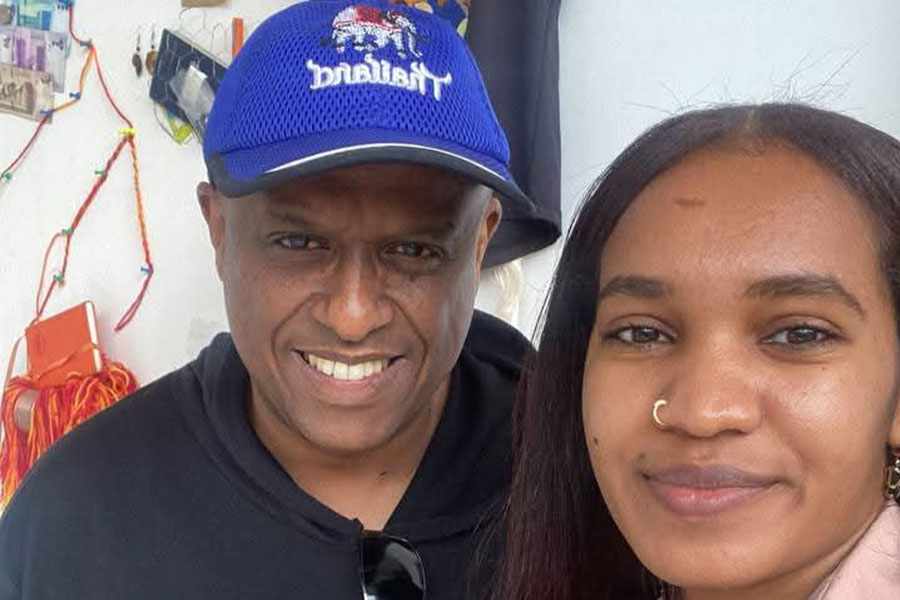
View From Arada | May 31,2025
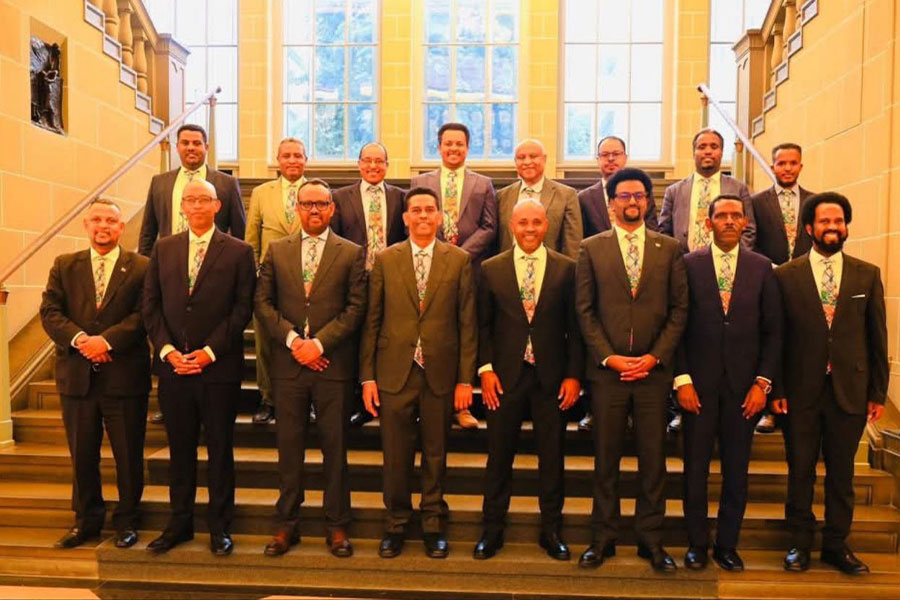
Fortune News | Oct 05,2025

Radar | Apr 17,2020

Verbatim | Oct 23,2021
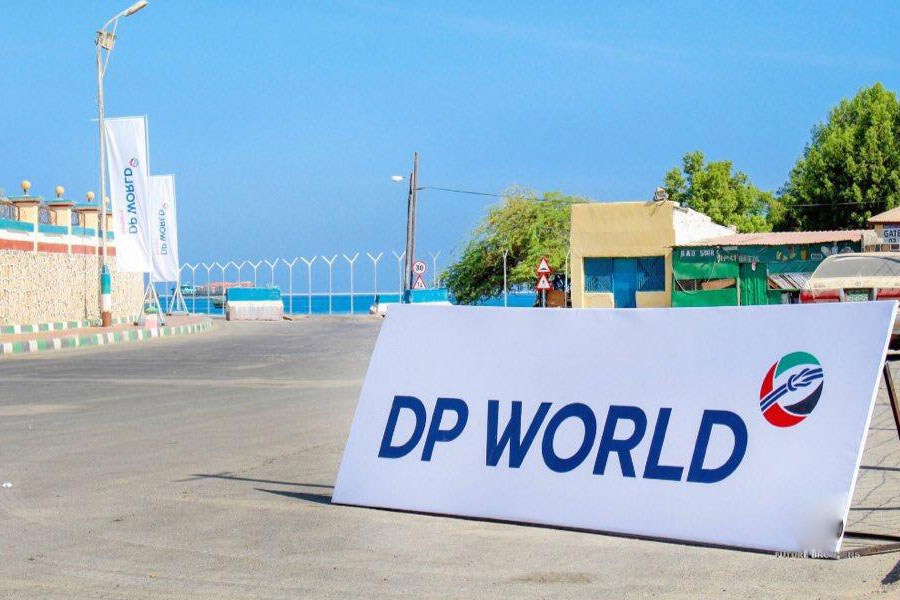
Fortune News | Apr 20,2019

Advertorials | Aug 02,2025
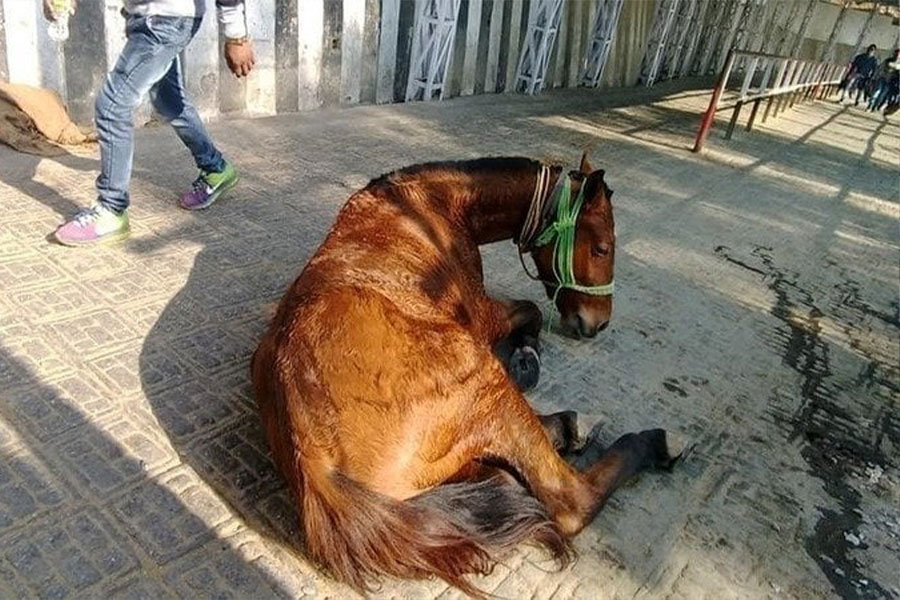
View From Arada | May 24,2025
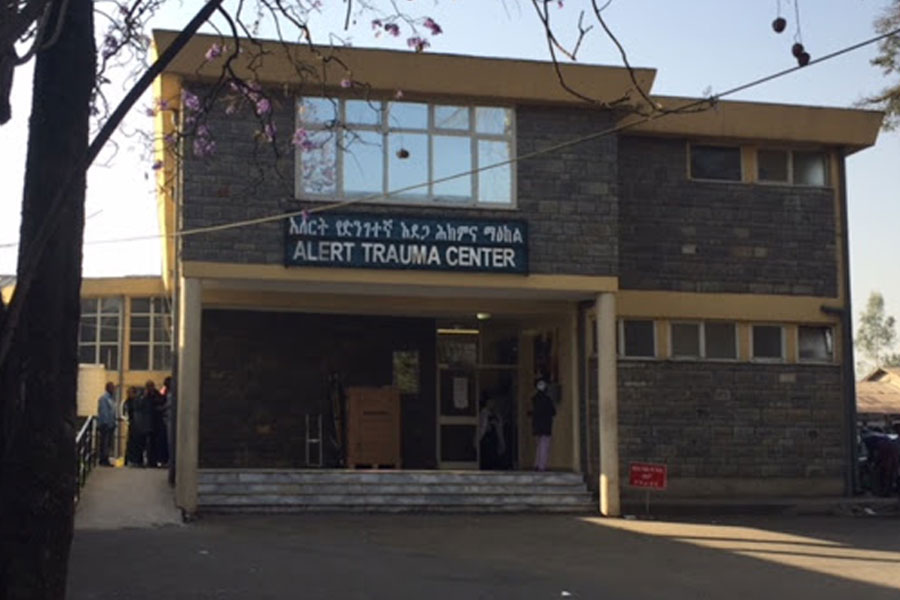
Fortune News | Jun 19,2021
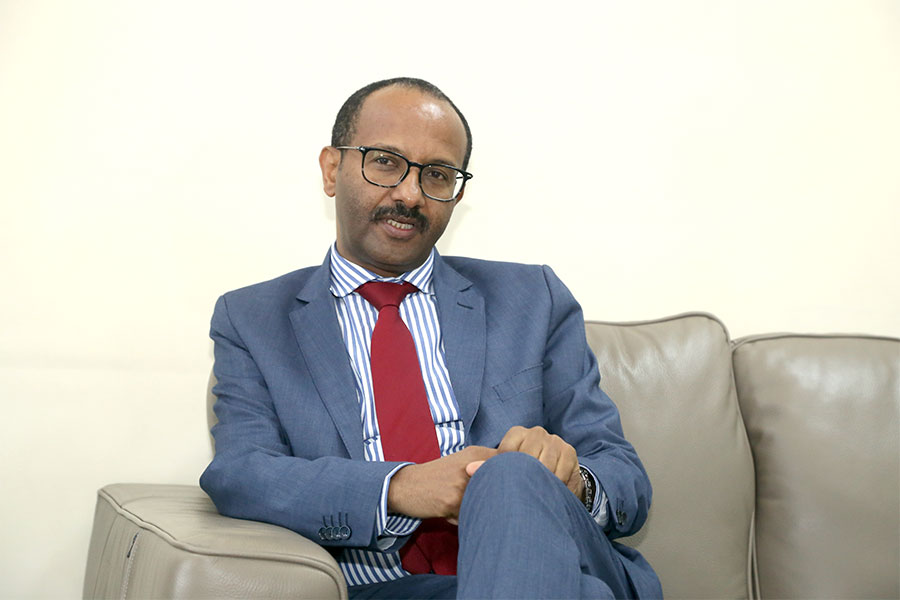
Sponsored Contents | Jul 24,2022

Photo Gallery | 178165 Views | May 06,2019

Photo Gallery | 168374 Views | Apr 26,2019

Photo Gallery | 159145 Views | Oct 06,2021

My Opinion | 137053 Views | Aug 14,2021

Dec 22 , 2024 . By TIZITA SHEWAFERAW
Charged with transforming colossal state-owned enterprises into modern and competitiv...

Aug 18 , 2024 . By AKSAH ITALO
Although predictable Yonas Zerihun's job in the ride-hailing service is not immune to...

Jul 28 , 2024 . By TIZITA SHEWAFERAW
Unhabitual, perhaps too many, Samuel Gebreyohannes, 38, used to occasionally enjoy a couple of beers at breakfast. However, he recently swit...

Jul 13 , 2024 . By AKSAH ITALO
Investors who rely on tractors, trucks, and field vehicles for commuting, transporting commodities, and f...

Oct 25 , 2025 . By YITBAREK GETACHEW
Officials of the Addis Abeba's Education Bureau have embarked on an ambitious experim...

Oct 26 , 2025 . By YITBAREK GETACHEW
The federal government is making a landmark shift in its investment incentive regime...

Oct 29 , 2025 . By NAHOM AYELE
The National Bank of Ethiopia (NBE) is preparing to issue a directive that will funda...

Oct 26 , 2025 . By SURAFEL MULUGETA
A community of booksellers shadowing the Ethiopian National Theatre has been jolted b...